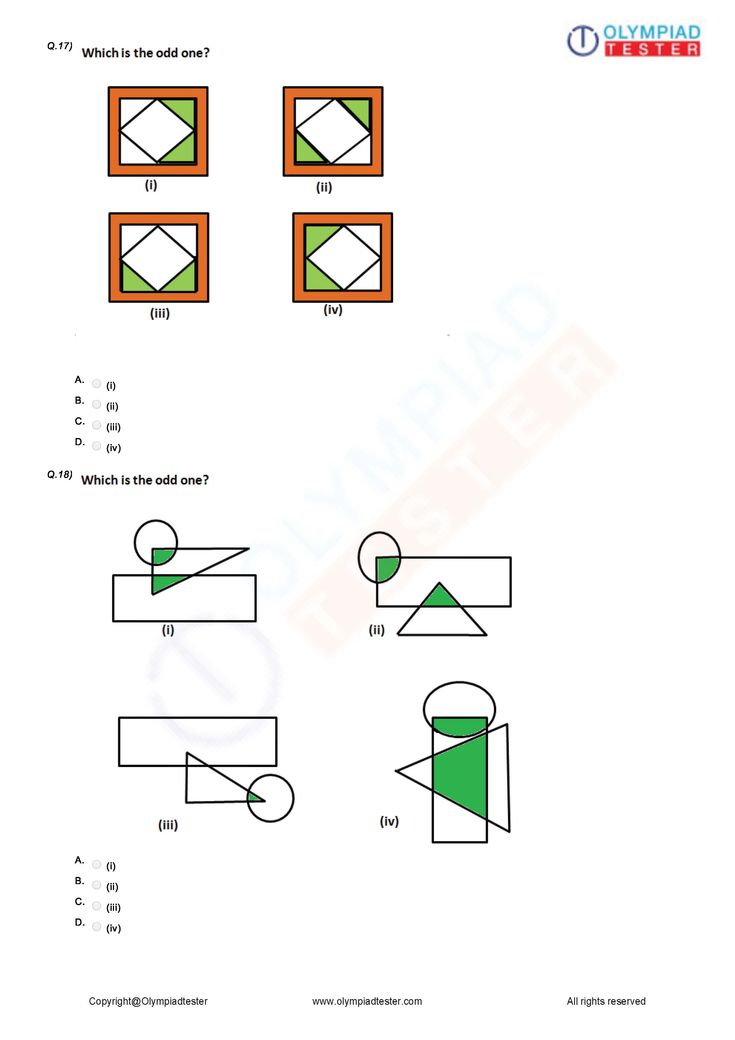Logical reasoning is an essential skill that plays a crucial role in our everyday lives. It allows us to make sound decisions, solve problems effectively, and think critically. In the realm of education, logical reasoning is particularly important as it helps students develop their analytical thinking abilities and enhances their problem-solving capabilities. By honing this skill, students not only become better learners but also prepare themselves for success in various aspects of life.
At its core, logical reasoning involves the ability to identify patterns, analyze information, draw conclusions based on evidence, and evaluate arguments or claims. This process requires individuals to think logically and objectively without being swayed by emotions or biases. It encourages them to consider different perspectives and weigh the pros and cons before arriving at a well-reasoned decision.
One way logical reasoning can be nurtured is through the use of critical thinking exercises. These exercises prompt students to examine complex scenarios or statements from multiple angles and assess their validity based on logical principles. For instance, presenting students with a hypothetical problem-solving situation can stimulate their critical thinking skills as they analyze possible solutions using logic and reason.
Another effective method for developing logical reasoning skills is through engaging in debates or discussions that require participants to present coherent arguments supported by evidence. This practice enables students to learn how to construct rational arguments while considering counterarguments presented by others. It fosters intellectual growth by teaching them how to defend their viewpoints logically while remaining open-minded towards alternative perspectives.
Furthermore, incorporating puzzles and games into the curriculum can significantly enhance logical reasoning abilities among students. Games like chess or Sudoku challenge players’ minds as they strategize moves based on patterns and deductive reasoning. Such activities promote cognitive development while making learning enjoyable.
In addition to academic benefits, logical reasoning also equips individuals with valuable life skills that extend beyond educational settings. Decision-making becomes more efficient when we approach it logically rather than relying solely on intuition or impulse reactions. By evaluating options objectively against predetermined criteria, individuals can make informed choices that align with their long-term goals.
Logical reasoning also encourages critical evaluation of information and claims encountered in everyday life. In an era where misinformation is prevalent, the ability to assess the validity of arguments becomes crucial. By applying logical reasoning skills, individuals are better equipped to identify fallacies, detect biases, and evaluate sources of information.
In conclusion, logical reasoning is a fundamental skill that should be nurtured through education. It empowers students to think critically, solve problems effectively, and make sound decisions based on evidence and rationality. By incorporating activities such as critical thinking exercises, debates or discussions, and puzzles into the curriculum, educators can help develop students’ logical reasoning abilities. This will not only enhance academic performance but also equip them with essential life skills necessary for success in various domains.

Leave a comment